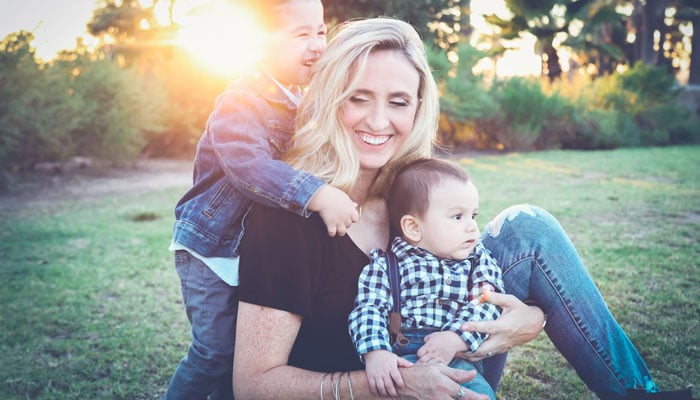TikTok trend: Women increasingly prioritise home over career
Tradwife trend presents an alternative to the challenges many women face in the workforce
Are more women leaning towards traditional lifestyles?
On platforms like TikTok, a trend is emerging where women are seen prioritising home life over careers. Dubbed "tradwives," these women opt for what they call the "soft life," as focus on their homes, families, and personal well-being.
The trend presents an alternative to the challenges many women face in the workforce. However, experts warn these women of potential economic risks associated with relying on a partner's income. Experts advocate financial independence.
While the tradwife trend highlights a desire for simplicity and traditional values, it also reflects broader societal shifts in attitudes towards work-life balance. Data suggests that women's participation in the workforce is still high, with many individuals balancing work and family responsibilities.
The trend has caught the attention of social media trend forecaster Casey Lewis, who notes the contrast it presents to the struggles many young women face in the workforce. Lewis remarks, "The thing about tradwives is that it feels very different; it is an escape from a lot of people’s reality."
However, experts caution that the tradwife trend may not be as widespread as social media suggests. Financial planner Stacy Francis points out the economic risks associated with forgoing paid work, emphasising the importance of financial independence for women.
The rise of tradwives has sparked debate about gender roles and economic security. Author Eve Rodsky criticizes the trend, stating, "Tradwives are pretending they have agency over their choices." She highlights the economic vulnerability that can result from depending solely on a partner's income.
Moreover, the reality of modern life poses challenges to the traditional lifestyle. Heather Boneparth, co-author of The Joint Account, notes that financial privilege is necessary to sustain a single-income household, which is increasingly rare in today's economy.
Despite the allure of traditional roles, societal and economic factors are reshaping attitudes towards work and family. A recent study suggests that younger generations give priority to personal growth and well-being over traditional career paths.
While some may choose to embrace traditional roles, data shows that women's participation in the workforce remains high, with many women balancing work and family responsibilities. Moreover, recent shifts in attitudes towards work-life balance suggest a broader reevaluation of priorities among both men and women.
-
'Who's it?' Late-night doorbell prank mystery ends with bizarre twist
-
When blue met green: Jaybirds create a one-of-a-kind hybrid
-
Australian scientists grapple with 'despicable' butterfly heist
-
Floods from Koh-e-Suleman bring 2,000-year-old coins to Punjab
-
Octopus boom triggers ‘perfect storm’ for Britain’s shellfish trade
-
Cambridge can’t escape ‘skibidi’ as Gen Z slang adds 6,000 fresh entries
-
Italian Brainrot: The AI memes only kids know
-
Nasa's Curiosity rover discovers coral-like rock on Mars












